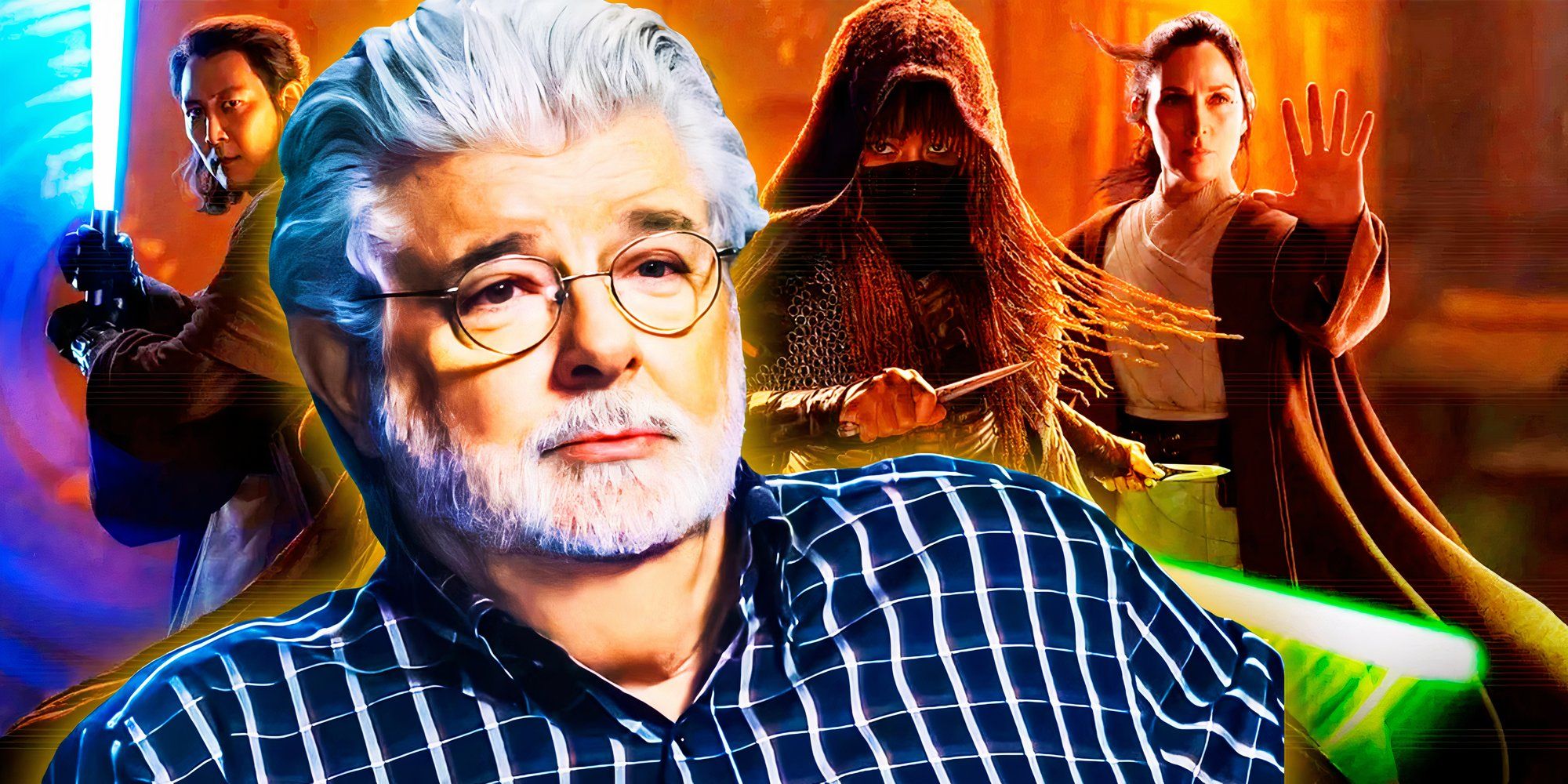
In truth, The Acolyte‘s cancelation is symptomatic of something even bigger; a problem that leads to so many cancelations by streaming services, ranging from Disney+ to Netflix. Nowadays, almost all streaming services are marketed as prestige television, with budgets that would have seemed unimaginable just a few years ago. That’s certainly the case with Leslye Headland’s The Acolyte, which commanded a $180 million budget. This points to the fact Lucasfilm has forgotten one of George Lucas’ most important lessons.
George Lucas’ True Genius Lay In Keeping The Costs Under Control
Lucas Prioritized Efficiency, Maximizing Return On Investment
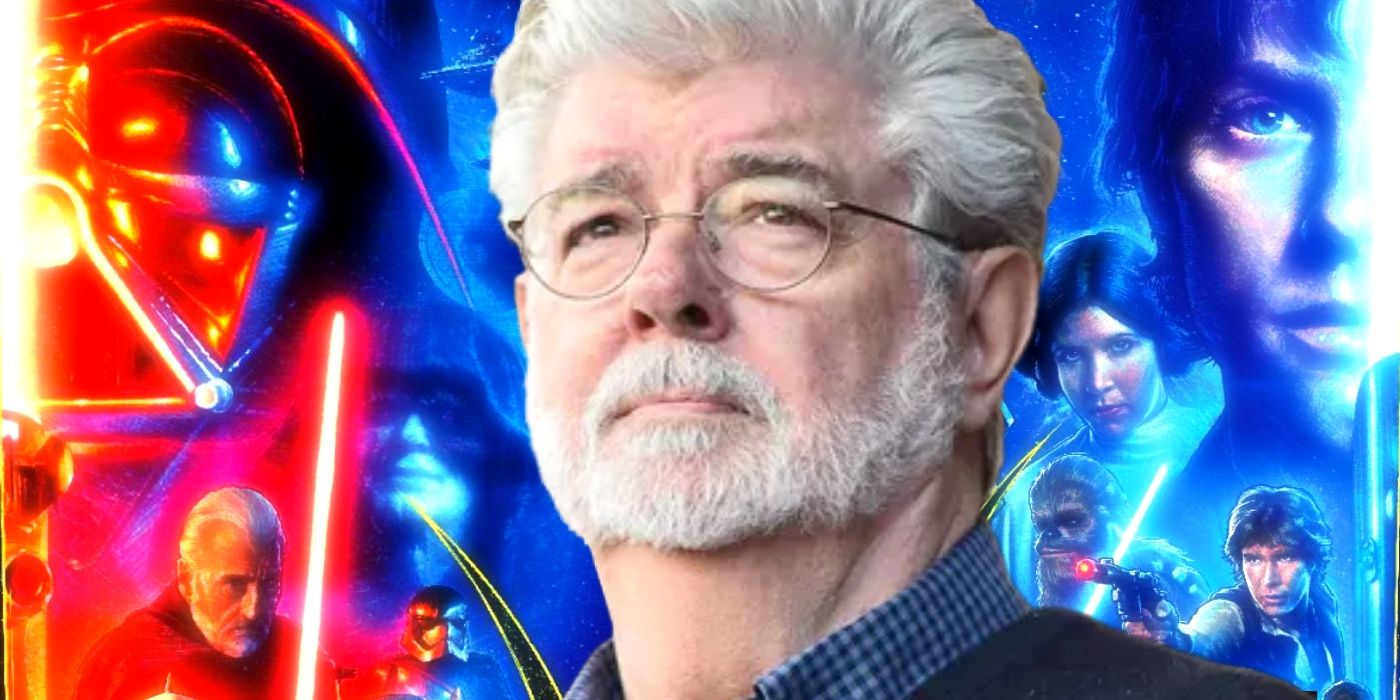
George Lucas wasn’t just a visionary storyteller; he was also a master of financial efficiency. By keeping production costs in check, Lucas ensured that his films succeeded both creatively and financially. For instance, 1977’s Star Wars was produced on a budget of just $11 million yet grossed over $775 million worldwide. This ability to maximize return on investment was a hallmark of Lucas’ approach, one that modern streaming models often overlook.
Lucas understood that high costs could be a double-edged sword.
Lucas understood that high costs could be a double-edged sword. By keeping expenses low, he reduced the financial pressure on his films, allowing them to succeed without requiring astronomical box office returns. This efficiency is evident in the production of The Empire Strikes Back and Return of the Jedi, which, like their predecessor, were made on modest budgets relative to their massive box office returns.
Movie Title
Year of Release
Budget (adjusted for inflation)
Box office (adjusted for inflation)
Star Wars
1977
$74 million
Almost $2 billion
The Empire Strikes Back
1980
$85 million
$944 million
Return of the Jedi
1983
$104 million
$886 million
Star Wars: Episode I – The Phantom Menace
1999
$209 million
$842 million
Star Wars: Episode II – Attack of the Clones
2002
$193 million
$521 million
Star Wars: Episode III – Revenge of the Sith
2005
$175 million
$589 million
Lucas understood that efficiency was the key to maximizing return of investment, ensuring Star Wars‘ box office performance involved as much profit as possible. Although costs did increase over time, they were kept under control as much as possible, allowing Lucas to take creative risks – such as groundbreaking VFX – without jeopardizing the financial stability of his projects. This approach stands in stark contrast to the current trend of bloated budgets in the streaming era, where the pressure to deliver blockbuster hits with every release has led to a cycle of unsustainable spending and inevitable cancelations.
Lucas’ ability to innovate within a budget is perhaps best exemplified by his use of practical effects in the Star Wars original trilogy. These techniques, while not as flashy as the CGI-heavy productions of today, allowed Lucas to create a visually stunning universe without breaking the bank. The success of these films proved that you don’t need a massive budget to create a blockbuster — a lesson that seems increasingly lost in today’s streaming landscape.
The Streaming Model Is Broken… & All These Cancelations Prove It
High Costs And Unrealistic Expectations Lead To Frequent Cancelations
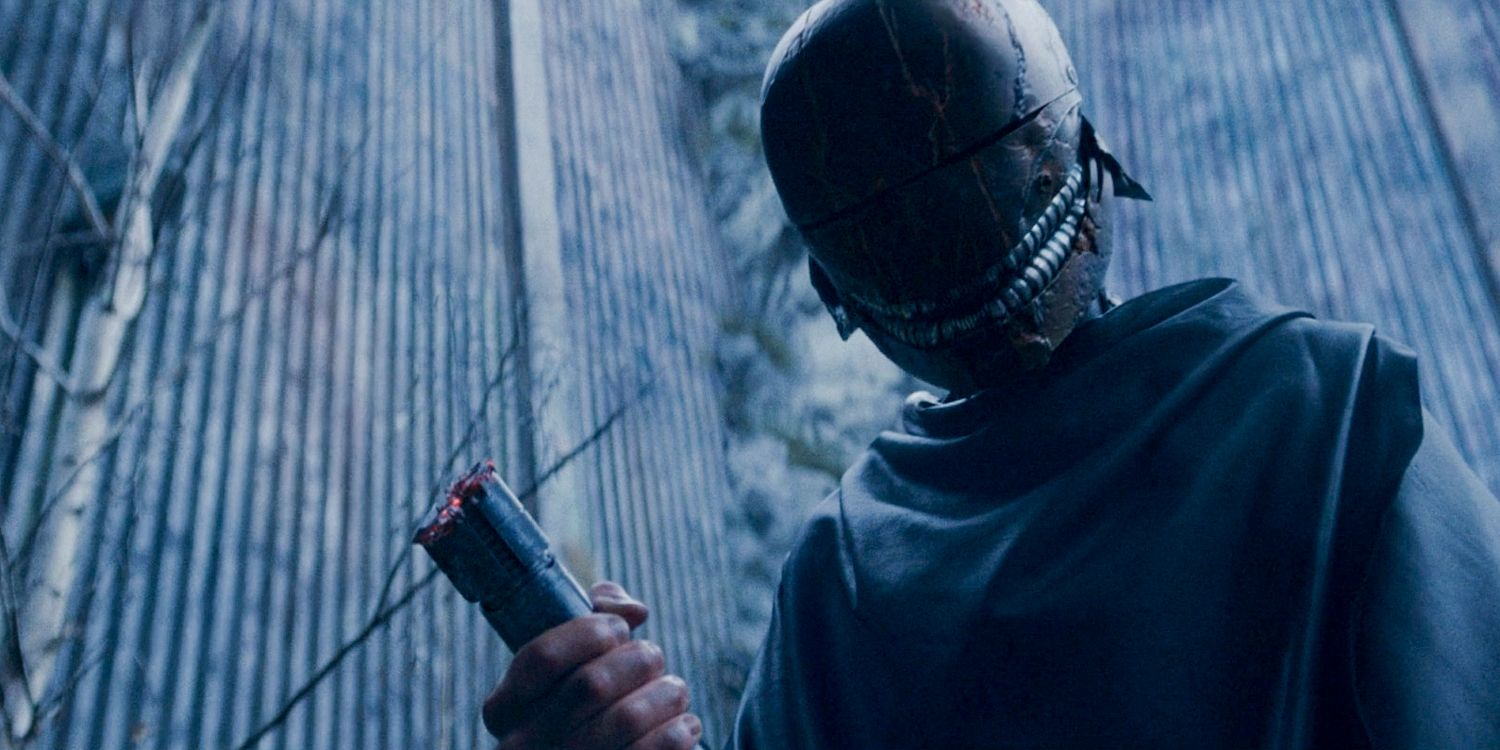
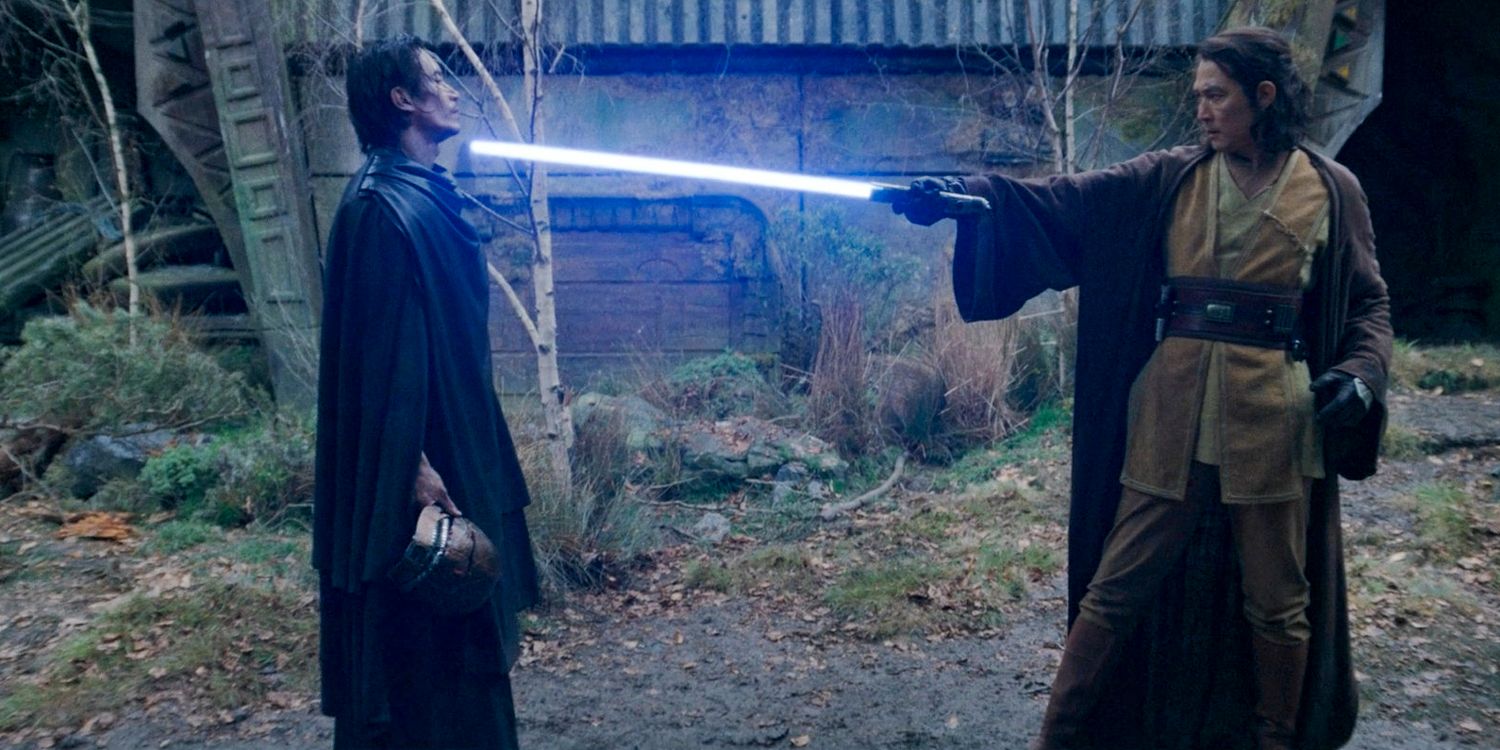
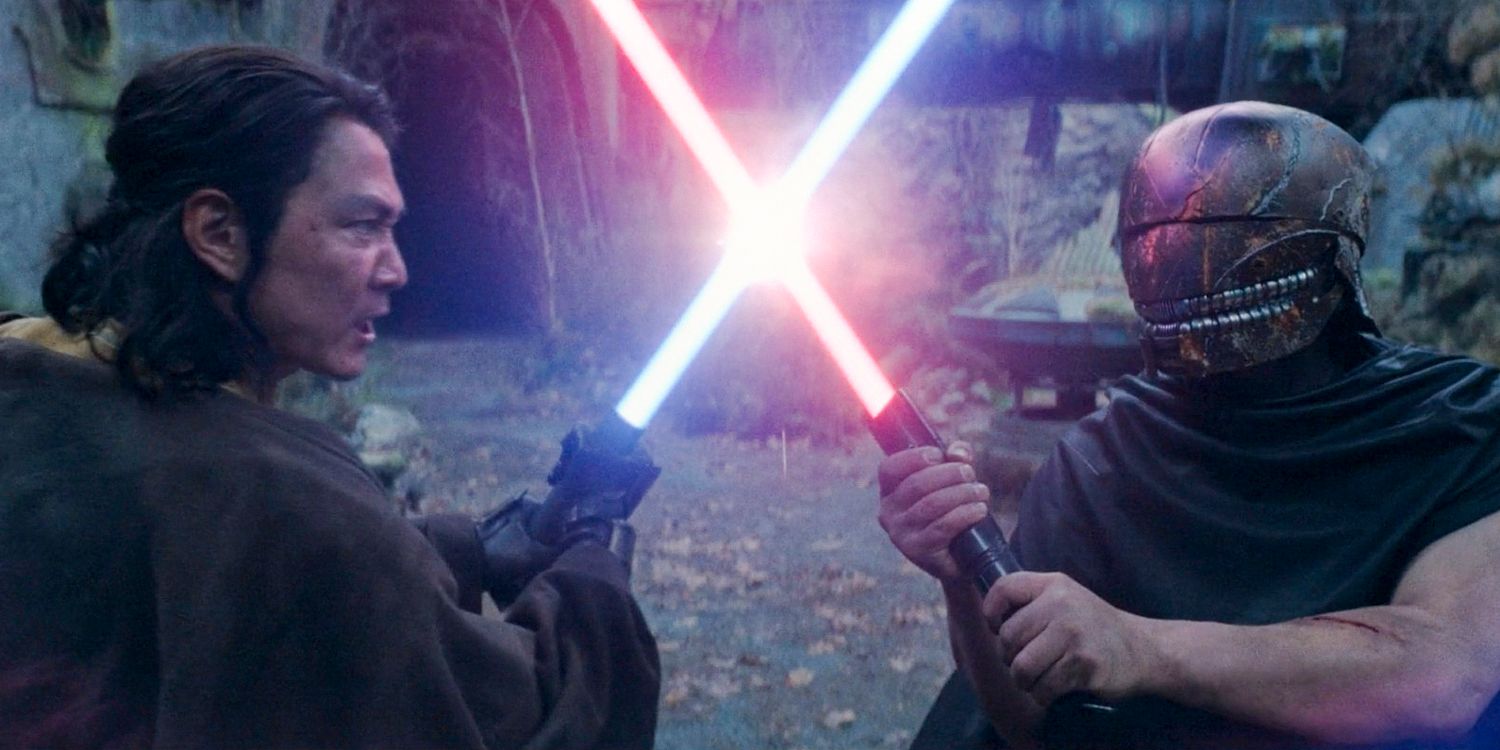

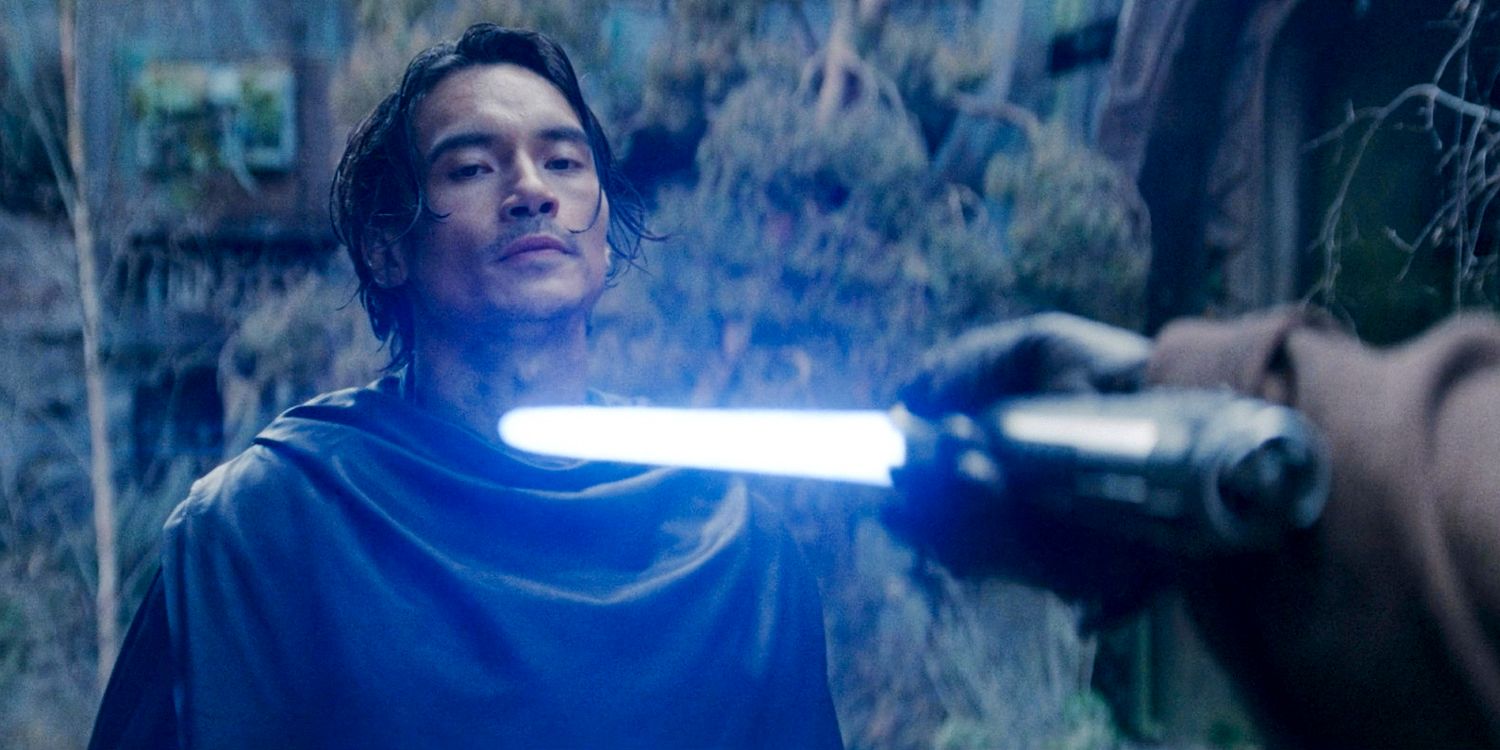





The modern streaming model has deviated significantly from Lucas’ playbook. Today, streaming giants like Netflix, Amazon, and even Lucasfilm under Disney invest enormous sums into their productions. While this has resulted in some visually stunning content, it has also led to an unsustainable business model. When a project doesn’t meet sky-high expectations, it often faces the chopping block, regardless of its creative potential. This is evident in the frequent cancelations that have plagued the streaming industry in recent years, where even critically acclaimed shows struggle to justify their high production costs.
When viewership numbers didn’t justify the expenses, the show struggled to find its footing.
Take The Acolyte, for example. Despite its promising premise and high-profile association with the Star Wars franchise, the show faced challenges stemming from its massive budget. When viewership numbers didn’t justify the expenses, the show struggled to find its footing. This scenario has become all too common in the streaming world, where the pressure to deliver blockbuster hits every time is unrealistic. The reliance on immediate success, rather than long-term audience growth, has led to a volatile environment where few projects are given the time or space to develop fully.
Sample show canceled in 2024
Streaming service
Our Flag Means Death
Max
The Brothers Sun
Netflix
Death and Other Details
Hulu
Quantum Leap
CBS
NCIS: Hawai’i
CBS
Scavengers Reign
Max
Constellation
Apple TV+
Tokyo Vice
Max
Halo
Paramount+
My Lady Jane
Prime Video
The streaming industry’s focus on quantity over quality, with an emphasis on churning out content to retain subscribers, is another factor contributing to this broken model. Unlike Lucas, who carefully curated his projects to ensure both creative and financial success, streaming services often prioritize content volume, leading to inflated budgets and unsustainable production costs. This strategy has resulted in numerous high-profile cancelations, with studios unable to recoup their investments due to the sheer scale of their spending.
Lucasfilm Needs To Relearn George Lucas’ Lesson
Balancing Budget And Creativity Is Key To Long-Term Success
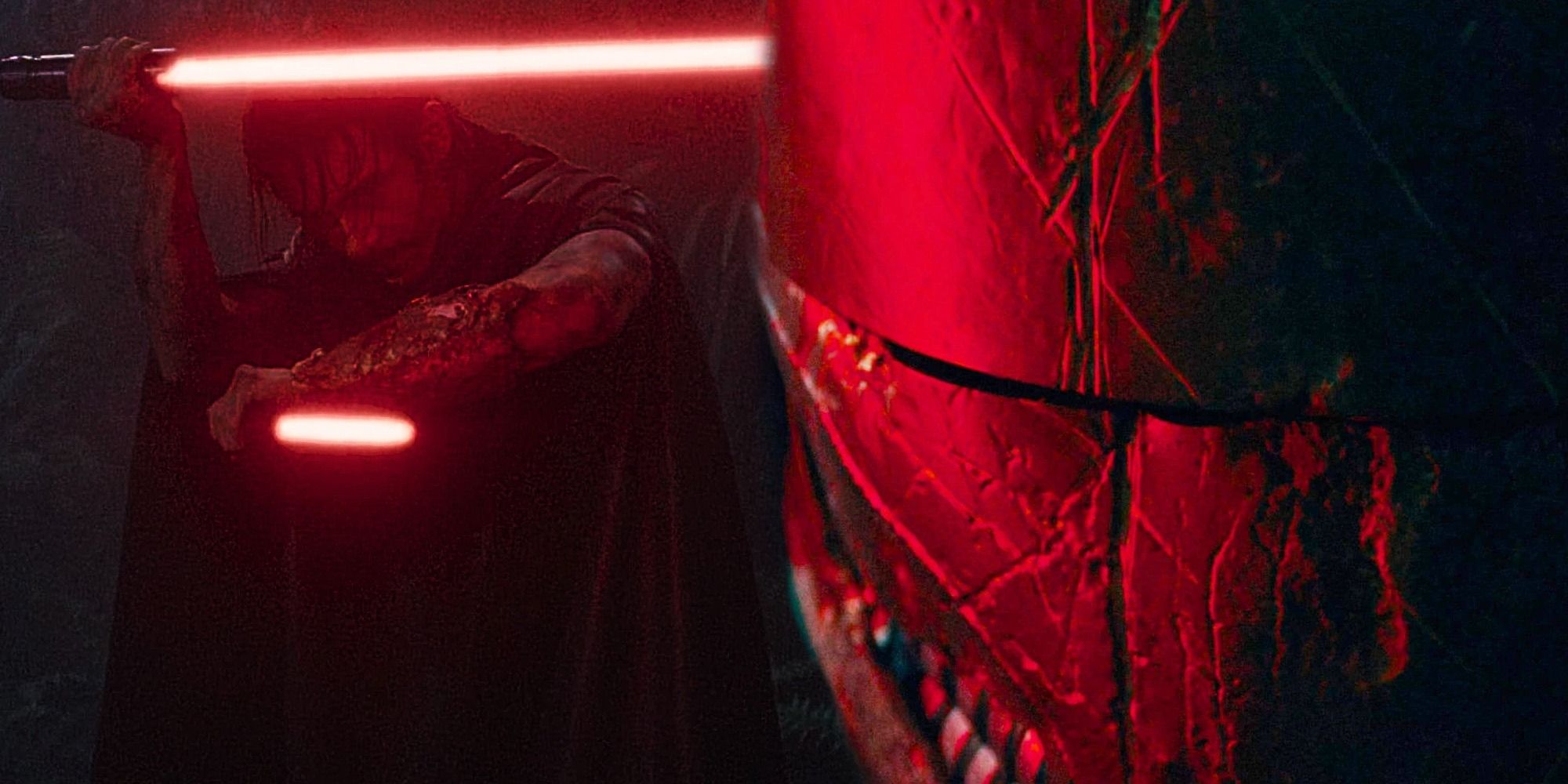
Ultimately, George Lucas’ legacy is not just about the stories he told but also about how he told them — wisely, efficiently, and with an eye on the bottom line. His ability to balance creativity with financial responsibility allowed him to create some of the most beloved films in cinematic history. As the streaming industry continues to grapple with the challenges of rising costs and changing viewer habits, it would do well to look to Lucas as a model for sustainable success.
While innovation and ambition are vital, they must be balanced with financial prudence. The relentless drive to outdo the competition with bigger budgets and grander spectacles has led to a precarious situation where even minor missteps can result in cancelations and financial losses. To ensure the longevity and success of the Star Wars franchise, Lucasfilm needs to relearn the lessons of its founder. By focusing on efficient production and realistic expectations, the studio can create Star Wars movies and TV shows that resonate with audiences without the constant threat of cancelation.


